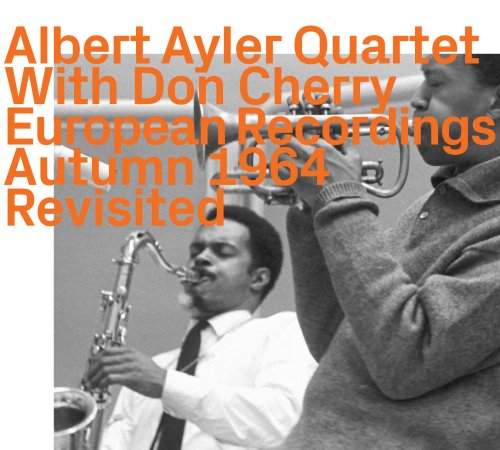Dial & Oatts, Rich De Rosa & The WDR Big Band - Rediscovered Ellington: New Takes on Duke's Rare and Unheard Music (2017)
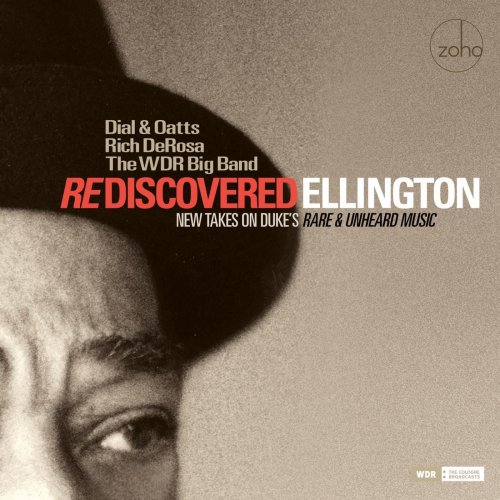
Artist: Dial & Oatts, Rich De Rosa, WDR Big Band
Title: Rediscovered Ellington: New Takes on Duke's Rare and Unheard Music
Year Of Release: 2017
Label: Zoho
Genre: Jazz
Quality: flac lossless (tracks)
Total Time: 01:17:35
Total Size: 458 mb
WebSite: Album Preview
TracklistTitle: Rediscovered Ellington: New Takes on Duke's Rare and Unheard Music
Year Of Release: 2017
Label: Zoho
Genre: Jazz
Quality: flac lossless (tracks)
Total Time: 01:17:35
Total Size: 458 mb
WebSite: Album Preview
01. Hey, Baby
02. Let the Zoomers Drool
03. I Like Singing
04. Just a Gentle Word Will Do
05. Introspection
06. Kiki
07. Love Came
08. Kcor
09. I Must Be Mad
Pianist Garry Dial and saxophonist Dick Oatts have teamed up frequently in recent years as "Dial and Oatts," on some occasions to record their own material (Dial and Oatts, 1990) and on others to breathe new life into classic jazz repertoire (Dial and Oatts Play Cole Porter, 1993). Their latest, Rediscovered Ellington, is of course an example of the latter, as the two combine forces with arranger/conductor Rich DeRosa and the WDR Big Band to tackle nine pieces in the Duke Ellington songbook that have been either under-recorded or are only now getting their first recorded exposure. Rather than going the repertory route via slavish imitation, the approach here involves re-imagining these songs through creative arrangements that are largely successful in bringing a contemporary big-band sensibility to this slice of Ellingtonia.
All of the pieces here are from the vaults of Tempo Music, the publishing company that Ellington himself ran and which his sister Ruth took over after Duke's death in 1974. There's a fairly wide time-frame represented, with early tracks like "Hey, Baby" and "Let the Zoomers Drool" dating from the 1940s and later pieces like "KCOR" and "I Must Be Mad" coming from the 1960s. To be sure, it's not top-shelf Ellington: these pieces aren't likely to rival any of the true masterpieces in Ellington's body of work. The value of the album thus ultimately hinges on the strength of the arrangements and the quality of musicianship on display. And on both counts it is quite compelling overall.
When at its best, the WDR Big Band is indeed top-notch: precise, dynamically expansive, and capable of navigating the most complex charts without a hitch. So Dial and Oatts have a terrific palette with which to work, and they take full advantage of it. The album's opener, "Hey, Baby" is perhaps the strongest cut on the record: under DeRosa's expert guidance and Oatts's splendid work on the soprano sax, the band takes a fairly run-of-the-mill melody and transforms it into a 10-minute tour-de-force, with an emotional richness and musical depth that rewards repeated listening. Compare the best- known rendition of the tune found on the Rosemary Clooney/Ellington Orchestra record Blue Rose (from 1956) with this one and you can easily appreciate DeRosa's remarkable arranging talents. On a gentler note, "I Like Singing," taken from a musical Ellington co-wrote with Herbert Martin called Saturday Laughter, is a lovely ballad with an air of melancholy and some fantastic harmonic color from the band; another excellent slower-tempo piece is "Love Came," this one co-written by Billy Strayhorn (who inexplicably isn't given this credit on the album). Previously unrecorded pieces "Introspection" and "Kiki" are delightful mid-tempo tracks that feature superb arrangements and invigorating energy from the WDR band. The ensemble writing for "Kiki" is especially strong, with terrific pacing and multilayered voicings throughout.
Not all of the songs receive this degree of creative re-imagining, however. While it's got a great title, "Let the Zoomers Drool" is more or less a standard blues number, and it's not really given a whole lot extra by the band, although Dial does get a chance to showcase his piano chops convincingly. "Just a Gentle Word From You Will Do," another previously unrecorded piece, is provided a fairly light, Latin-flavored treatment, with Oatts taking a turn on flute this time—but again, there isn't quite enough here to make the performance memorable. Finally, the album's closer, "I Must Be Mad" is built around a piano/alto sax duet between Dial and Oatts. The tune is pleasant enough and it definitely highlights the two musicians' strong rapport, but the piece is unexceptional by Ellington's lofty standards and it doesn't rise to the level of the stronger cuts on the record.
The above limitations notwithstanding, most of the music here is very, very good: even second (or third) tier Ellington is pretty fine stuff! Kudos should go to Dial, Oatts, DeRosa and the WDR Big Band for the passion and dedication they brought to this commendable project.
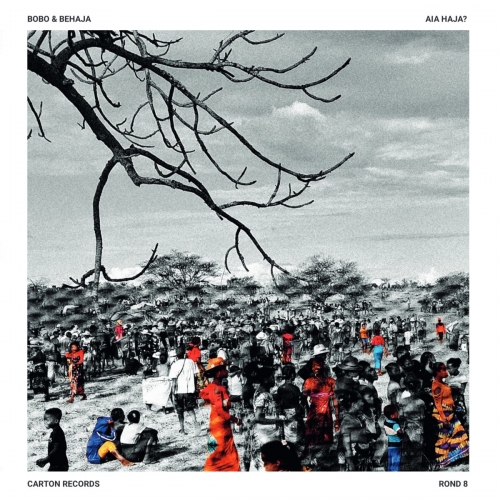
![Manu Delago & Max ZT - Deuce (2026) [Hi-Res] Manu Delago & Max ZT - Deuce (2026) [Hi-Res]](https://img.israbox.com/img/2026-02/19/v5s18xsisjkqnsg5od9qlgck5.jpg)
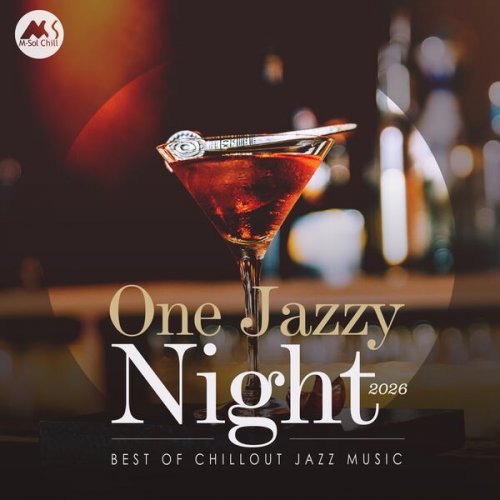
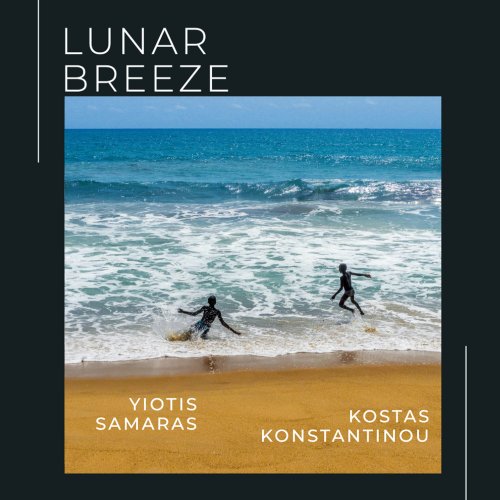
![Hans Backenroth - For Ray, Milt & MJQ (2026) [Hi-Res] Hans Backenroth - For Ray, Milt & MJQ (2026) [Hi-Res]](https://www.dibpic.com/uploads/posts/2026-02/1771506232_lbvu33sttdof0_600.jpg)
![Tom Oren - Dark Lights (2026) [Hi-Res] Tom Oren - Dark Lights (2026) [Hi-Res]](https://www.dibpic.com/uploads/posts/2026-02/1771427884_tdqtmzk78zgcb_600.jpg)

![Ali Shaheed Muhammad, Adrian Younge - Cross: Season 2 (Prime Video Original Series Soundtrack) (2026) [Hi-Res] Ali Shaheed Muhammad, Adrian Younge - Cross: Season 2 (Prime Video Original Series Soundtrack) (2026) [Hi-Res]](https://img.israbox.com/img/2026-02/18/c61izyjkl1wnuz91hzkfnam7x.jpg)
